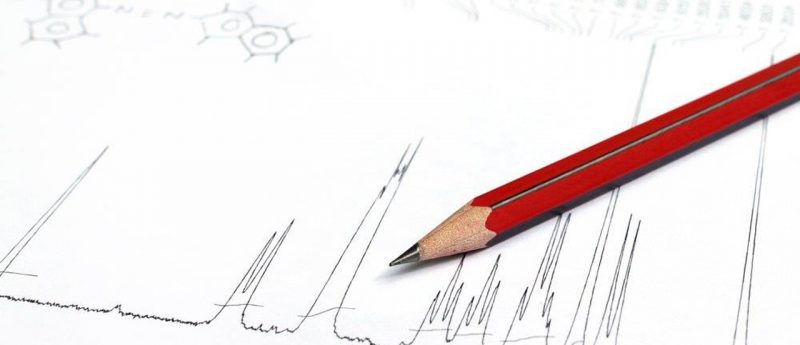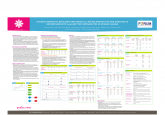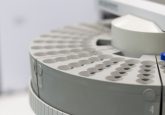DBS–LC–MS/MS assay for caffeine: validation and neonatal application

Caffeine is considered a standard treatment for apnea of prematurity, which is one of the most common respiratory morbidities in the preterm neonate [1,2]. Oxygen desaturation and bradycardia episodes can alter cerebral hemodynamics and compromise the subsequent neurodevelopmental outcome. The international, randomized, placebo-controlled Caffeine for Apnea of Prematurity trial showed that caffeine therapy reduces the duration of exposure to respiratory support and supplemental oxygen, improves the rate of survival without neurodevelopmental impairment at 18–21 months of age and is cost effective [3–7]. The accepted therapeutic range of caffeine in plasma is 8–20 mg/l. An initial dose of 20 mg/kg followed by a...





